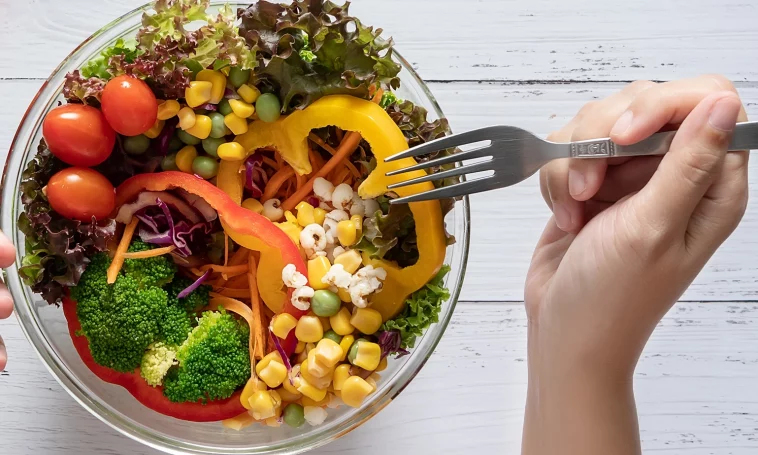How to Incorporate More Healthy and Nutritious Foods Into Your Diet
Eating healthfully is the cornerstone of a healthy lifestyle. We all know that incorporating more nutritious foods into our diets is essential for our wellbeing, however, actually committing to doing so can feel more challenging. When it comes to making a lasting change in your eating habits, mindset is key.
Rather than thinking of healthy foods as ‘diet food’, it’s important to focus on incorporating whole, nutrient-dense foods into your diet. This will ensure that you get the healthy benefits of eating healthily without the guilt. Here are some tips on how to start incorporating more nutritious foods into your diet without feeling overwhelmed.
Create a Meal Plan
Making regular meal plans can help make eating healthily a breeze. Start by taking stock of your pantry and fridge and jotting down your go-to recipes. Consider what ingredients you already have that you can use up for meals and snacks throughout the week. Meal planning can make healthy choices easier, especially if you are short on time.
Take the Time to Shop
Shopping for nutritious, wholesome ingredients is essential if you’re looking to make a lasting change to your diet. Take the time to plan your grocery list for the week and make sure you read the labels of the products you buy. Opting for organic and locally sourced foods is a great way to ensure you’re getting all the nutrients you need.
Get Creative in the Kitchen
Cooking is a great way to start incorporating more nutritious foods into your diet. It can help you control exactly what goes into your meals and ensure that you’re getting the most nutrient bang for your buck. There are plenty of delicious and healthy recipes you can make with just a few ingredients and some simple kitchen skills.
Substitute Healthier Alternatives
If you’re used to eating unhealthy processed foods, start by slowly replacing them with healthier alternatives. Incorporating nutrient-dense foods like fruits and vegetables, lean proteins, whole grains, and healthy fat sources. Gradually, you can trim your unhealthy food consumption in favor of more nutritious options.
Focus on Whole Foods
Focusing on eating more of whole foods and avoiding processed foods is key to improving your health. Whole foods are natural and unprocessed, like vegetables, fruits, whole grains, nuts, and seeds. Eating more of these can provide your body with essential nutrients it needs, like fiber, vitamins and minerals.
Try Plant-Based Meals
If you’re looking to incorporate more nutritious foods into your diet without sacrificing flavor, try incorporating more plant-based meals into your meal plan. Plant-based diets are rich in fiber, vitamins, minerals, and antioxidants. There are plenty of delicious, nutritious, and easy-to-make recipes that are perfect for people who are just getting started with a plant-based diet.
Create Healthy Habits
Creating habits is key if you’re looking to make a lasting change in your eating habits. Make small changes gradually and stay mindful of what you’re eating. It’s also important to make wholesome eating a priority in your life. Incorporate meal prepping and planning into your weekly routine and always keep healthy snacks on hand.
Incorporating additional nutrition into your diet is important for maintaining a healthy lifestyle. We may all make different dietary choices, but we can all agree that whole, nutrient-dense foods can be the basis of any healthful diet. With a bit of planning, you’ll be on the way to feeling your best in no time.




